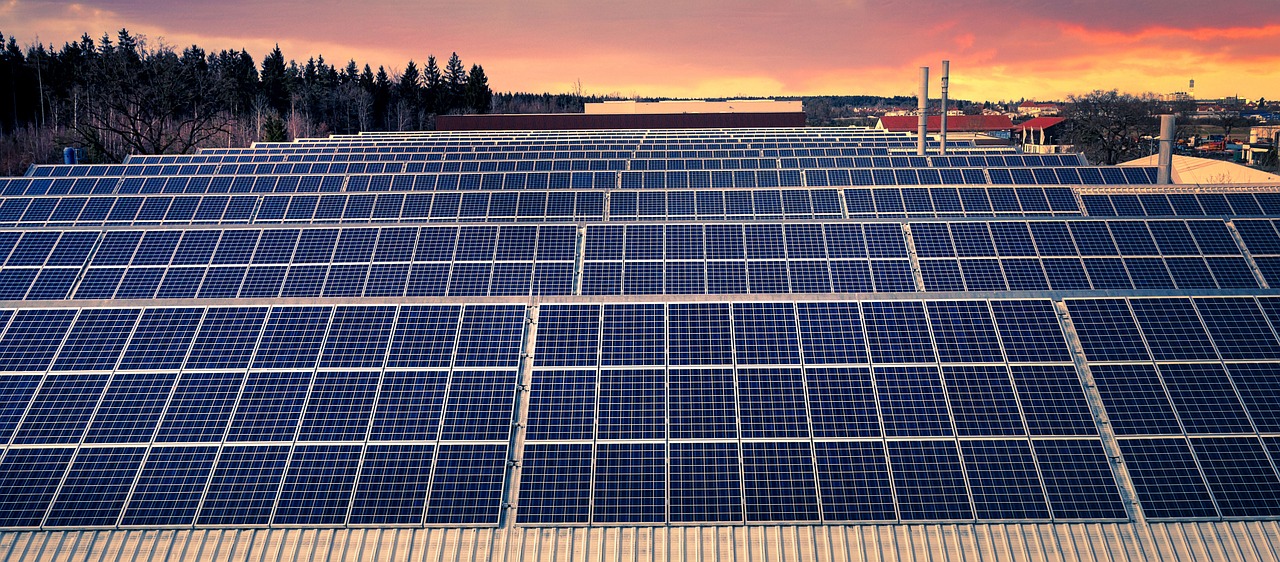5G Technology: What It Means for Connectivity and Speed
5G technology has been a hot topic in the tech industry for quite some time now. With the promise of faster speeds, lower latency, and increased connectivity, 5G has the potential to revolutionize the way we live and work. In this article, we will delve into what 5G technology is all about, how it works, and what it means for connectivity and speed in the digital age.
What is 5G Technology?
5G stands for the fifth generation of wireless technology, following in the footsteps of 1G, 2G, 3G, and 4G. It is designed to provide faster speeds, lower latency, and increased capacity compared to its predecessors. 5G technology operates on higher frequency bands, which allow for greater data capacity and faster data speeds.
How Does 5G Work?
5G technology utilizes a combination of different technologies to deliver its promised benefits. One of the key components of 5G is the use of small cells, which are low-power base stations that are deployed in densely populated areas to provide coverage and capacity. These small cells work in conjunction with traditional macrocells to deliver seamless connectivity.
Another important technology that underpins 5G is beamforming, which allows signals to be focused and directed towards specific devices, increasing speed and reliability. Additionally, 5G networks use massive MIMO (Multiple Input Multiple Output) technology, which enables multiple antennas to transmit and receive data simultaneously, further enhancing speed and capacity.
What Does 5G Mean for Connectivity?
5G technology promises to significantly enhance connectivity by providing faster speeds, lower latency, and increased capacity. With 5G, users can expect to download files, stream videos, and browse the web at blazing speeds, making it easier to stay connected and productive no matter where they are.
5G technology also has the potential to improve connectivity in remote and rural areas, where traditional wired infrastructure may be lacking. By leveraging technologies like small cells and beamforming, 5G networks can extend coverage to areas that were previously underserved, opening up new possibilities for businesses and individuals alike.
How Does 5G Impact Speed?
One of the most significant benefits of 5G technology is its impact on speed. With 5G, users can experience download speeds that are up to 100 times faster than 4G LTE, enabling a whole new range of applications and services that were previously not possible. Whether it’s streaming ultra-high-definition video, gaming in real time, or downloading large files in seconds, 5G technology is set to revolutionize the way we use our devices.
Additionally, the low latency of 5G technology is another key factor that contributes to its speed capabilities. Latency refers to the delay between sending a signal and receiving a response, and with 5G, latency is expected to be reduced to just a few milliseconds. This near-instantaneous responsiveness opens up new possibilities for applications like autonomous vehicles, remote surgery, and augmented reality.
FAQs
What are the key benefits of 5G technology?
Some of the key benefits of 5G technology include faster speeds, lower latency, increased capacity, and improved connectivity. 5G has the potential to revolutionize the way we live and work by enabling a wide range of new applications and services that were previously not possible.
How will 5G impact businesses?
5G technology is expected to have a significant impact on businesses across various industries. With faster speeds and lower latency, businesses can unlock new opportunities for innovation and growth. From improved productivity and efficiency to enhanced customer experiences and new revenue streams, 5G has the potential to transform operations and drive success in the digital age.
Is 5G safe?
There has been some debate surrounding the safety of 5G technology, with concerns raised about its potential impact on human health. However, numerous studies have been conducted to assess the safety of 5G, and the consensus among experts is that 5G is safe for use. Regulatory bodies around the world have established safety guidelines to ensure that 5G networks comply with established standards and pose no risk to public health.
Conclusion
5G technology is poised to revolutionize the way we connect and communicate in the digital age. With its promise of faster speeds, lower latency, and increased capacity, 5G has the potential to unlock new opportunities for businesses, industries, and individuals alike. As 5G networks continue to roll out around the world, the future looks bright for connectivity and speed in the age of 5G.





